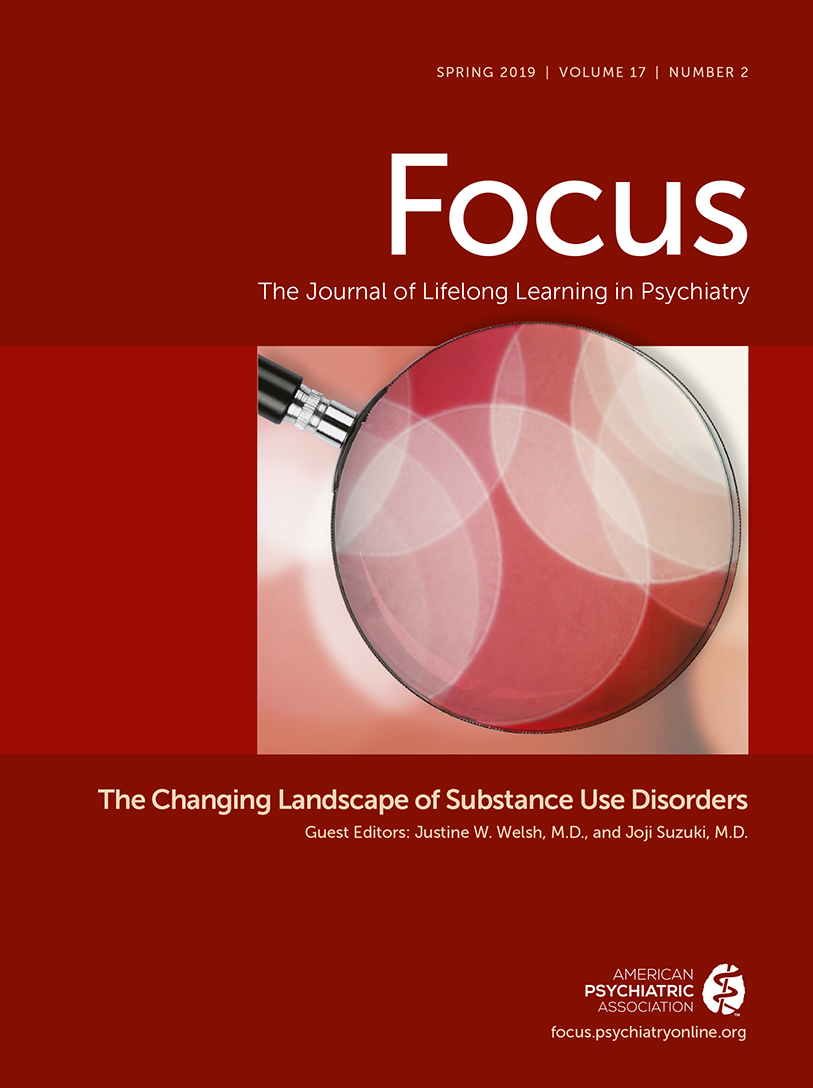Counteracting the Effect of Stigma on Education for Substance Use Disorders
Abstract
The national failure to adequately respond to the opioid epidemic has exposed major deficits in the U.S. health care education system. Treatment services are inadequate; clinicians are ill prepared and uninformed about existing effective treatments; and even when specially trained, over 25% fail to provide any treatment, and the majority rarely treat more than a handful of patients. Stigma has been identified as a significant roadblock to the needed expansion of treatment services. Educators in the health professions need to rethink their approaches to the substance use disorder curriculum, both to significantly expand the training time and content and to devise programs that successfully modify the stigma that has undermined existing educational efforts. The neurobiological basis of stigma is described, along with techniques historically shown to reverse stigma. The Boston University Medical Center/VA (Veterans Affairs) Boston Healthcare System Psychiatry Program has developed a successful model curriculum that has expanded substance use disorders training and has incorporated clinical experiences that have been shown to modify stigma and generate enthusiasm for working with patients with substance use disorders. This article presents recommendations for implementing this model in other psychiatry training programs and adapting it for other clinical disciplines.



